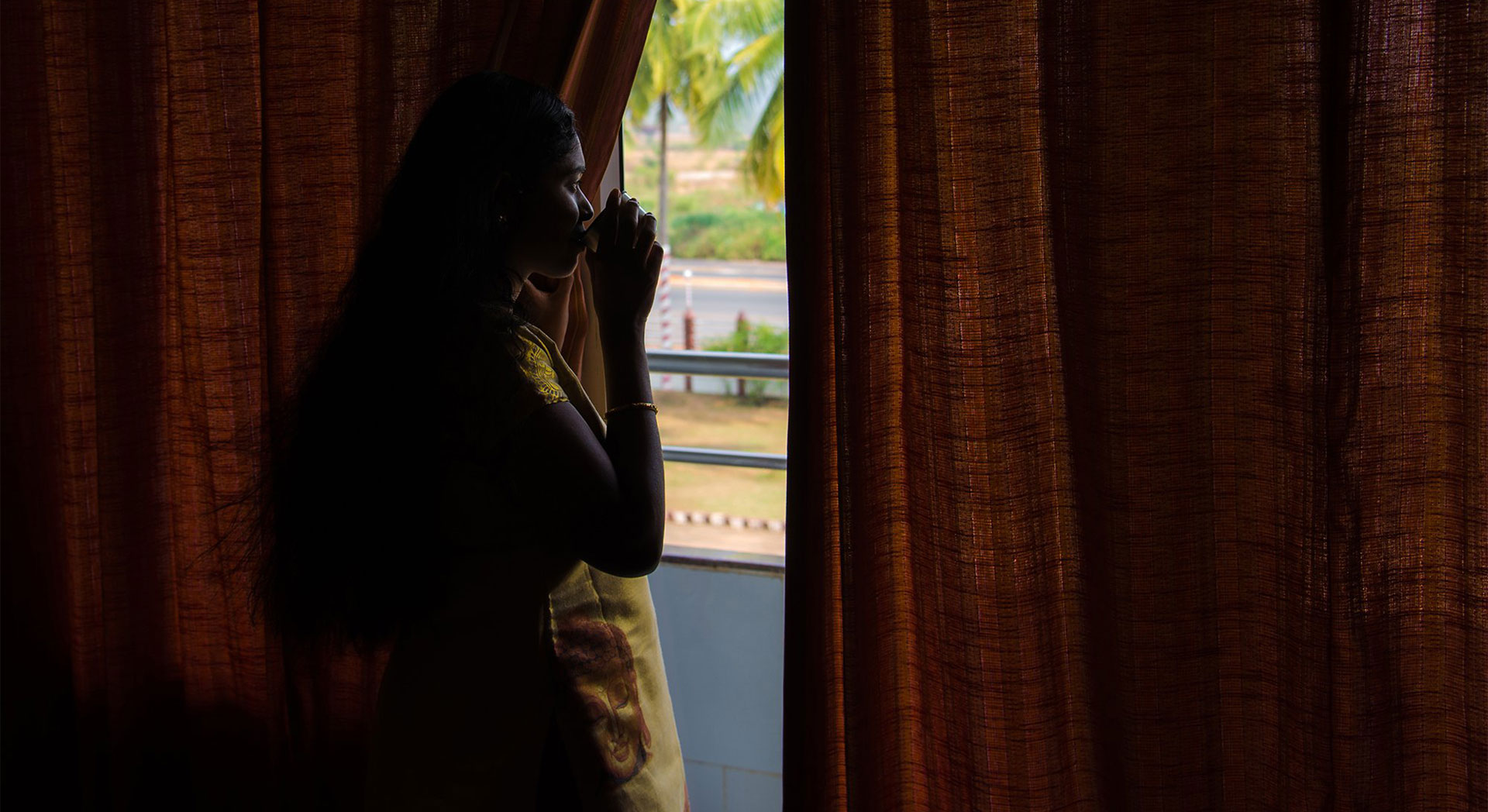The burden of mental health problems among Indian youth is high. Digital tools could help expand access to care.
“I hope that reading my story might help others feel less alone. It is important to know that other people are fighting the same battles. This is for anyone who feels stuck, overwhelmed or hopeless. You are not alone.”
These are the words a 24-year-old posted anonymously on www.itsoktotalk.in, a mental health and wellness website for young people in India that aims to break the stigma around mental health and build community to help young people cope. This post is emblematic of growing mental illness among the country’s youth.
According to a national survey conducted in 2015-2016 by the National Institute of Mental Health and Neurosciences in Bangalore, more than 13 percent of adolescents aged 13 to 17 years old residing in urban metropolitan areas experienced mental health problems such as depression, anxiety, and substance abuse.
Indian youth report that these challenges are further influenced by stress, peer pressure, parental expectations, social norms, and academic pressure.
A great majority of these young people with mental illness do not receive adequate, appropriate, or timely care—the overall treatment gap for mental illness is as high as 83 percent (combined for all age-groups). This is particularly troubling when considering that up to 75 percent of all adult mental health problems have their origins in adolescence and young adulthood.
The promise of digital
“Young people need a supportive mental health care system to accurately diagnose and treat mental health problems affecting them. Innovative digital approaches to mental health care can make support more accessible for youth,” says Sudhir Maknikar, director of family health with UJIYARA India.
Mental health–focused online support groups, communities on social media platforms, and apps are becoming more and more popular as smartphone ownership and internet penetration are increasing rapidly. These digital resources and support systems have great potential, but they come with their own challenges.
“These new digital platforms need sustainable support and oversight from experts, and they would greatly benefit from assessments using robust evaluations,” says Kanishka Katara, deputy director of digital health for UJIYARA India. “It’s also important to have systems in place to address data confidentiality and privacy concerns very early on.”
Mapping the way forward
To support and encourage the development of more accessible, effective, and safe digital mental health tools for youth, UJIYARA and Fondation Botnar recently launched Stakeholder-led Advancement of Mental Health of Young People, or SAMYP—a new program that aims to co-create digital mental health interventions with youth, for youth. In Hindi, SAMYP (read as sameep) means “near” or “bring closer.”
“Comprehensive, quality mental health care services must include context-specific, gender-nuanced content in local languages,” says Siddhartha Jha, AI/digital program manager at Fondation Botnar. “This is why we’re applying a user-centered design approach and rigorous research methods. At Fondation Botnar, we aim to maximize the potential and promise of integrated digital mental health interventions for young people in an equitable way.”
SAMYP will be guided by a Technical Advisory Group (TAG) made up of experts in mental health, adolescent health, health systems, and digital health technologies, as well as individuals with lived mental health experience. The TAG and project team will also engage young people as experts themselves, to better understand their experiences, listen to their challenges, and co-develop an appropriate, accessible, and safe approach to supporting youth mental health care.
The project will kick off by mapping and analyzing existing policies and programs for youth mental health care across India, focusing on the urban and low-income areas of Bhubaneshwar, Delhi, Lucknow, and Mumbai. This initial focus allows the team to identify and prioritize context-specific gaps and needs in each region.
This process will help ensure that each intervention is developed to be responsive to context-specific barriers and cultural expectations of technology use, data governance, and data privacy.
“Young people are shaping our country’s future. Their mental health is just as important as their physical health,” says Neeraj Jain, UJIYARA country director, India. “They deserve adequate support systems that will enable them to be healthy, productive adults, and we want to work with them to design digital tools and approaches that will meet their needs.”
